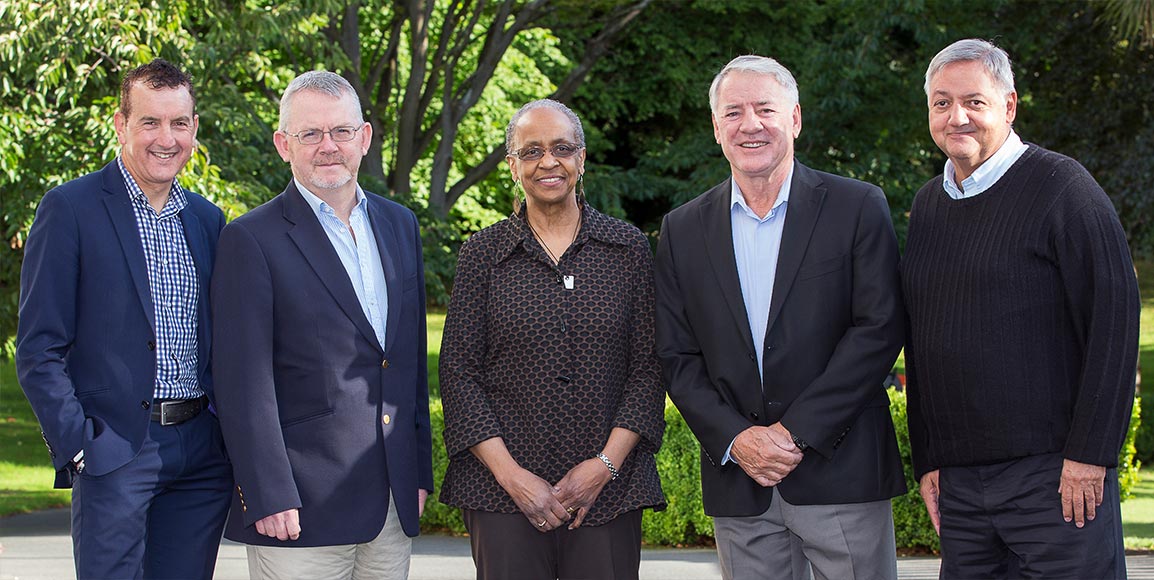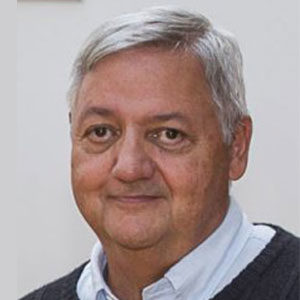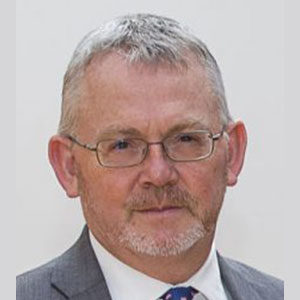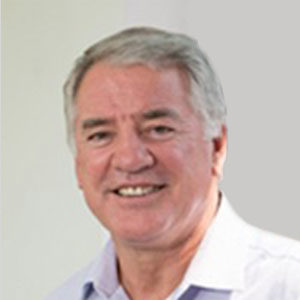International Science Advisory Panel

The International Science Advisory Panel advises Healthier Lives about the quality and potential impact of its research strategy and programmes.

Emeritus Professor Shiriki Kumanyika
- Chair
University of Pennsylvania,
USA
Shiriki Kumanyika is Professor Emerita of epidemiology at the University of Pennsylvania Perelman School Of Medicine. She has an interdisciplinary background and holds advanced degrees in social work, nutrition, and public health.
Professor Kumanyika’s research focuses on identifying effective strategies to reduce nutrition-related chronic disease risks, with a particular focus on achieving health equity for black Americans. Professor Kumanyika has led or collaborated on single- or multi-center randomised clinical trials or observational studies related to obesity, salt intake, and other aspects of diet. Several of these studies have evaluated interventions to promote healthy eating and physical activity in African American children or adults in clinical or community-based settings.
She founded and continues to chair the African American Collaborative Obesity Research Network (AACORN). She is a member of the National Academy of Medicine (formerly the Institute of Medicine) and is a Past-President of the American Public Health Association. She has extensive experience in advisory roles related to public health and nutrition policy in the US and abroad.

Professor Mark Febbraio
Monash University,
Australia
Professor Mark Febbraio is a Senior Principal Research Fellow of the National Health and Medical Research Council, Australia, and the Head of the Cellular and Molecular Metabolism Laboratory within the Drug Discovery Program at Monash Institute of Pharmaceutical Sciences, Monash University, Australia. He is also the Chief Scientific Officer of N-Gene Research Laboratories Inc, a USA-based Biotechnology Company.
His research is focused on understanding cellular and molecular mechanisms associated with obesity and type 2 diabetes, and his aim is to develop novel drugs to treat metabolic disease. Professor Febbraio has been awarded a number of prizes including the A K McIntyre Prize for significant contributions to Australian Physiological Science (1999), the Colin I Johnson Lectureship by the High Blood Pressure Research Council of Australia (2006) and the Sandford Skinner Oration (2011). He is on the Editorial Board of Diabetes, The American Journal of Physiology Endocrinology & Metabolism, and the Journal of Applied Physiology. He has authored over 200 peer reviewed papers in leading journals and has over 12,000 career citations.

Professor Riyaz Patel
University College London,
UK
Professor Riyaz Patel is a consultant cardiologist at UCLH and Barts Health NHS trusts and professor of cardiology at University College London (UCL). He is a Fellow of the Royal College of Physicians and the European Society of Cardiology. Professor Patel founded and leads a new cardiovascular prevention service at the Barts Heart Centre to serve the local population of East London.
Clinically, Professor Patel manages patients with all general cardiology problems in both outpatient and acute settings. He is a recognised specialist in advanced cholesterol management including familial hypercholesterolaemia.
A fully funded British Heart Foundation clinician scientist, Professor Patel conducts research into the causes of heart disease, with a focus on cardiovascular risk and the genetics of coronary heart disease. He leads global initiatives and consortia in this field. He also has research interests in data science and informatics, cholesterol, blood pressure and risk factors for heart disease and advanced cardiac imaging.

Professor Jeffrey Reading
Simon Fraser University,
Canada
Professor Jeffrey Reading has more than two decades of experience enhancing knowledge in Indigenous health issues, both in Canada and globally. He was the founding director of the Centre for Aboriginal Health Research at the University of Victoria, British Columbia. As inaugural Scientific Director of the Institute of Aboriginal Peoples’ Health (2000-2008), he led a movement calling for a national advanced research agenda in the area of Aboriginal peoples’ health and led the Canadian Institutes of Health Research cross-cutting initiative in rural and northern health research.
Professor Reading held the first endowed research chair at the Department of Public Health Sciences at the University of Toronto and played a pivotal role in the introduction of Canadian ethics guidelines for Aboriginal health research. He teaches global health, epidemiology and biostatistics at the School of Public Health and Social Policy, University of Victoria. In 2015, Jeff led the Waakebiness-Bryce Institute for Indigenous Health (WBIIH) as the inaugural Interim Director of the WBIIH and in 2016, Jeff was appointed the Inaugural British Columbia First Nations Health Authority Chair in Heart Health and Wellness at St. Paul’s Hospital based at Simon Fraser University. Among his numerous distinctions Professor Reading has received a National Aboriginal Achievement Award and was elected an inaugural Fellow of the Canadian Academy of Health Sciences.

Professor Nick Wareham
University of Cambridge,
UK
Professor Nick Wareham is the Director of the Medical Research Council (MRC) Epidemiology Unit, Co-Director of the Institute of Metabolic Science, Honorary Consultant at Addenbrooke’s Hospital and Professor of Epidemiology at the University of Cambridge, England. He studied Medicine at St Thomas’ Hospital Medical School and Epidemiology at both the London School of Hygiene and Tropical Medicine and Cambridge University. After research fellowships at Harvard and Cambridge University, he took up the Directorship of the MRC Epidemiology Unit when it was founded in 2003. He is also the Clinical Research Lead for Division 2 (diabetes, stroke, cardiovascular disease, metabolic and endocrine disorders, and renal disorders) of the NIHR Clinical Research Network: Eastern.
Professor Wareham’s principal research interests are in understanding the aetiology of type 2 diabetes and in developing strategies for prevention and early detection. These preventive approaches include individual and societal level interventions and he is the Director of the Centre for Diet and Activity Research (CEDAR).

Professor Bryan Williams
Monash University,
Australia
Professor Bryan Williams is Director of the Hudson Institute of Medical Research, and holds an appointment as a professor in the Faculty of Medicine, Nursing and Health Sciences at Monash University. He is internationally recognised for his work in innate immunity, cancer biology and for his studies on protein kinase R. He has held faculty positions at the Hospital for Sick Children, University of Toronto, Canada, and was Chairman of the Department of Cancer Biology at the Lerner Research Institute of the Cleveland Clinic Foundation in Ohio, USA.
Professor Williams received the 1990 Milstein Award from the International Society of Interferon and Cytokine Research (ISICR) and was President of the ISICR from 1998 to 1999. He has received the Maurice Saltzman Award from the Mt Sinai Health Care Foundation and the European Cytokine Society’s Boltzmann Award for international research collaboration. He is an elected fellow of the American Academy of Microbiology, the Australian Academy of Sciences and an honorary fellow of the Royal Society of New Zealand. Professor Williams is currently chairman of the Board of Biograd Australia, and Director of Cancer Trials Australia and Pacific Edge Ltd. He has published over 340 peer-reviewed journal articles and reviews.